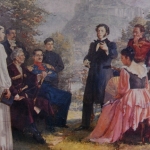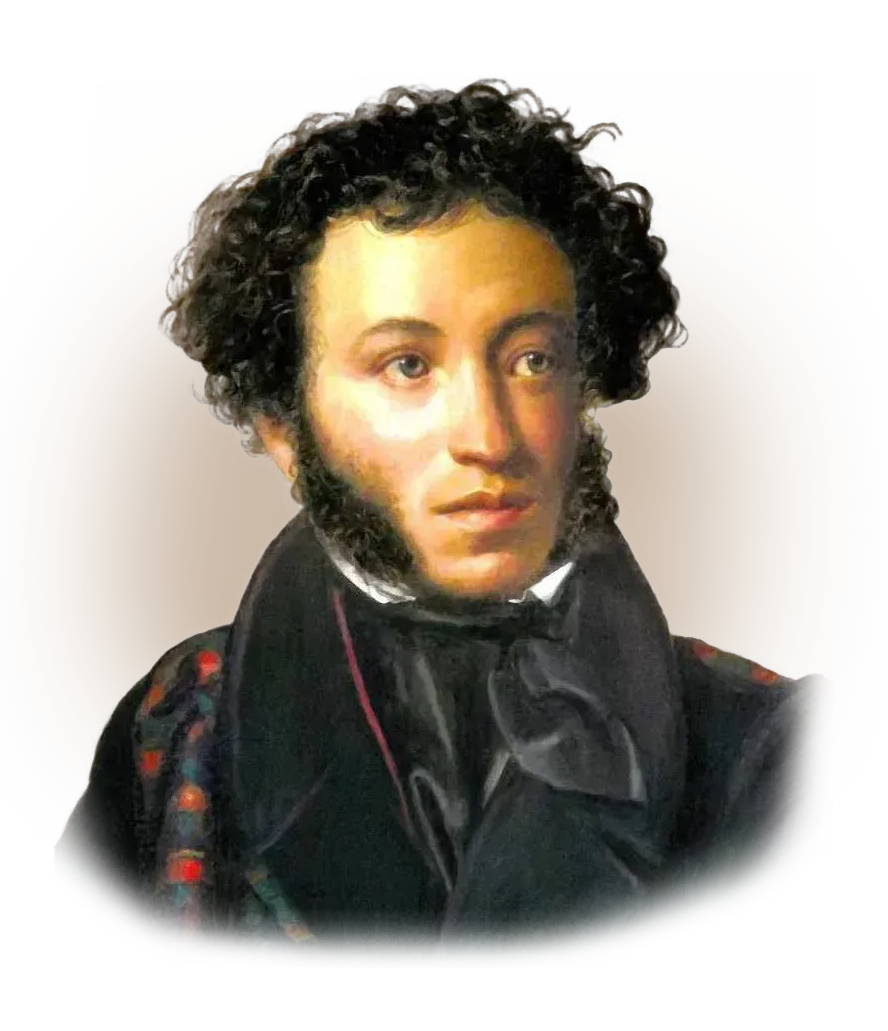
25.04.2023
“The Bronze Horseman” is a poem written by Alexander Pushkin, which was first published in 1833. The poem is considered one of the greatest works of Russian literature and is often seen as a commentary on the relationship between the individual and the state.
The poem tells the story of a young man named Evgeny who falls in love with a woman named Parasha. However, their happiness is threatened by a catastrophic flood that destroys much of the city of St. Petersburg. In the aftermath of the flood, Evgeny becomes obsessed with the bronze statue of Peter the Great on horseback, known as the Bronze Horseman, which stands in the center of the city. He sees the statue as a symbol of the power and indifference of the state, which has failed to protect its citizens from the disaster.
The author’s idea of the Bronze Horseman is that of a symbol of the power of the state and its relationship with the individual. Pushkin portrays the statue as a towering and intimidating presence, representing the might and authority of the state. At the same time, however, he also portrays it as a distant and indifferent figure, highlighting the disconnection between the state and the people it is supposed to serve.
Through the character of Evgeny, Pushkin explores the idea of the individual’s relationship with the state. Evgeny sees the statue as a representation of the state’s failure to protect its citizens, and his obsession with it reflects his sense of anger and frustration with the system.
At the same time, however, Pushkin also suggests that the individual has the power to resist and challenge the authority of the state, as evidenced by Evgeny’s defiance in the face of the flood.
Overall, the author’s idea of the Bronze Horseman is that of a powerful and intimidating symbol of the state’s authority, but also a representation of the disconnection between the state and the people it is supposed to serve. The poem serves as a commentary on the relationship between the individual and the state, and the ways in which the individual can resist and challenge the authority of the state.

You may also like:

25.04.2023
The main themes of A. S. Pushkin's historical novel “The Captain's Daughter"

25.04.2023
What monuments and monuments are dedicated to A.S. Pushkin?

25.04.2023
The genealogical roots of the famous writer - Alexander Pushkin

25.04.2023
Interesting facts about Alexander Pushkin
